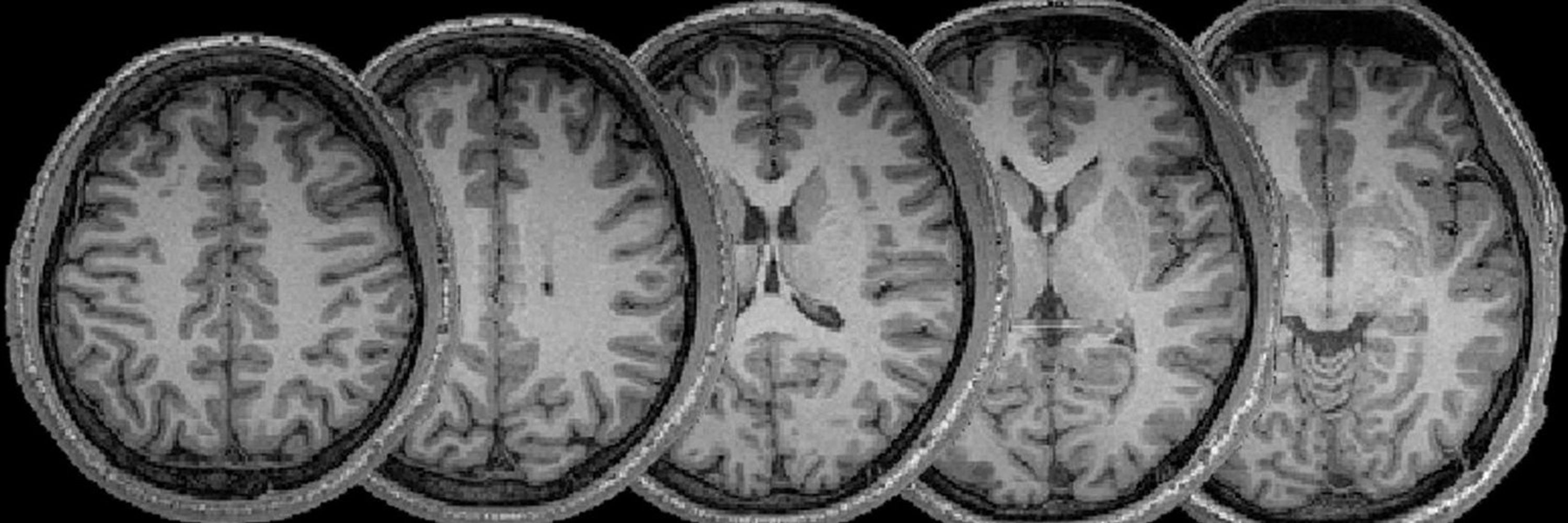
Shawn Rhoads
@shawnrhoadsphd.com
Assistant Professor @ ISMMS
NIH Director's Early Independence Awardee
Lindau Nobel Laureate Young Scientist
PI @ sinclaboratory.com
Using computational models, fMRI, & intracranial EEG to study social inference, learning, empathy, loneliness, & well-being
NIH Director's Early Independence Awardee
Lindau Nobel Laureate Young Scientist
PI @ sinclaboratory.com
Using computational models, fMRI, & intracranial EEG to study social inference, learning, empathy, loneliness, & well-being
Thanks to all who made this work possible, including co-authors (@aa-marsh.bsky.social, @thepsychologist.bsky.social, @drjocutler.bsky.social, @k-oconnell.com, Kathryn Berluti, & Lin Gan) and funding from Momental Foundation and the National Science Foundation GRFP!
rdcu.be/eL8mZ
rdcu.be/eL8mZ
October 22, 2025 at 4:42 PM
Thanks to all who made this work possible, including co-authors (@aa-marsh.bsky.social, @thepsychologist.bsky.social, @drjocutler.bsky.social, @k-oconnell.com, Kathryn Berluti, & Lin Gan) and funding from Momental Foundation and the National Science Foundation GRFP!
rdcu.be/eL8mZ
rdcu.be/eL8mZ
People also vary in their learning patterns: Those with higher levels of subclinical psychopathic traits are less sensitive to other-relevant information, leading to more instrumentally harmful behaviors (i.e., benefiting themselves at an expense to others)

October 22, 2025 at 4:42 PM
People also vary in their learning patterns: Those with higher levels of subclinical psychopathic traits are less sensitive to other-relevant information, leading to more instrumentally harmful behaviors (i.e., benefiting themselves at an expense to others)

